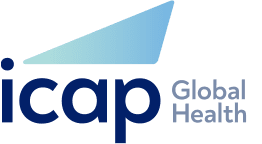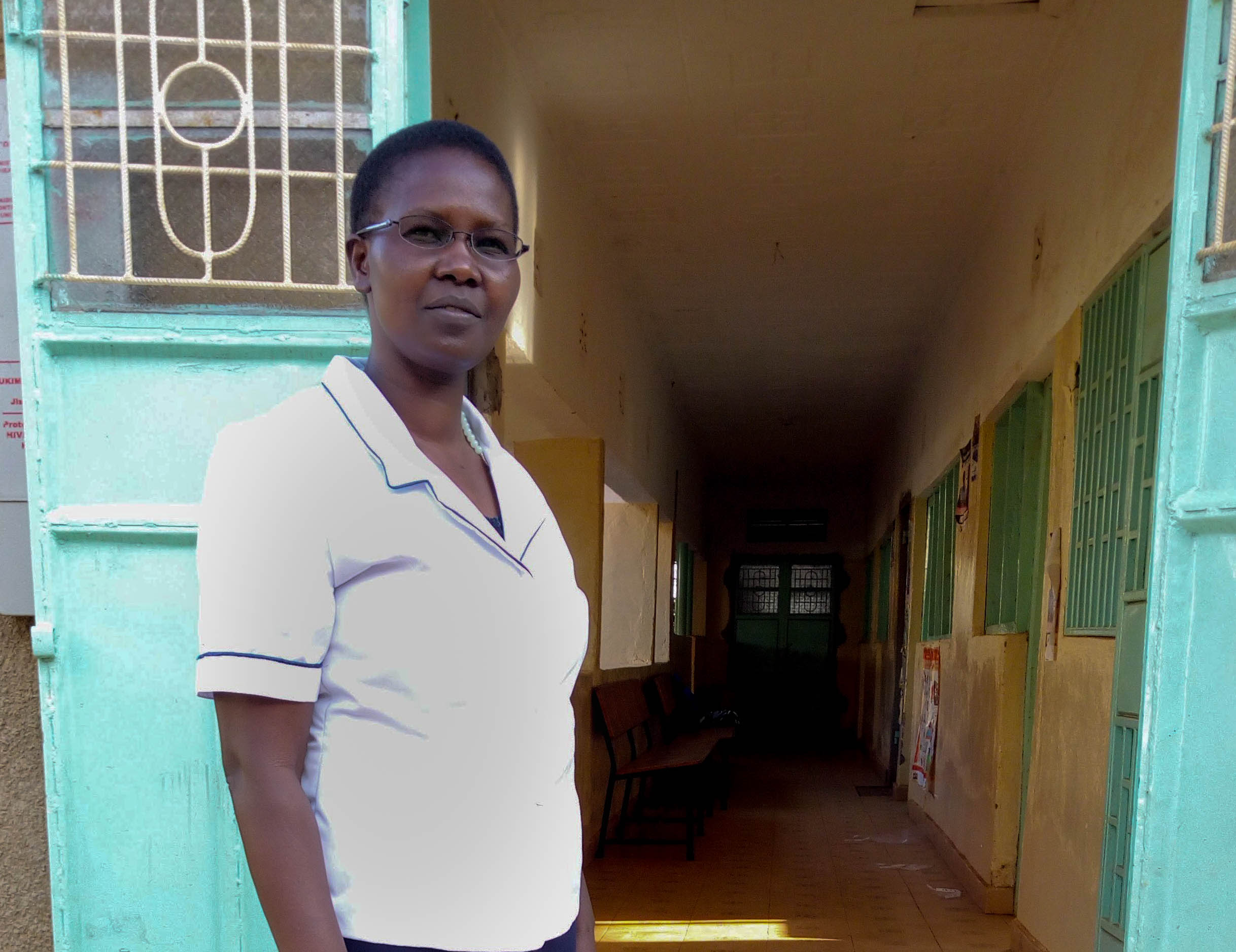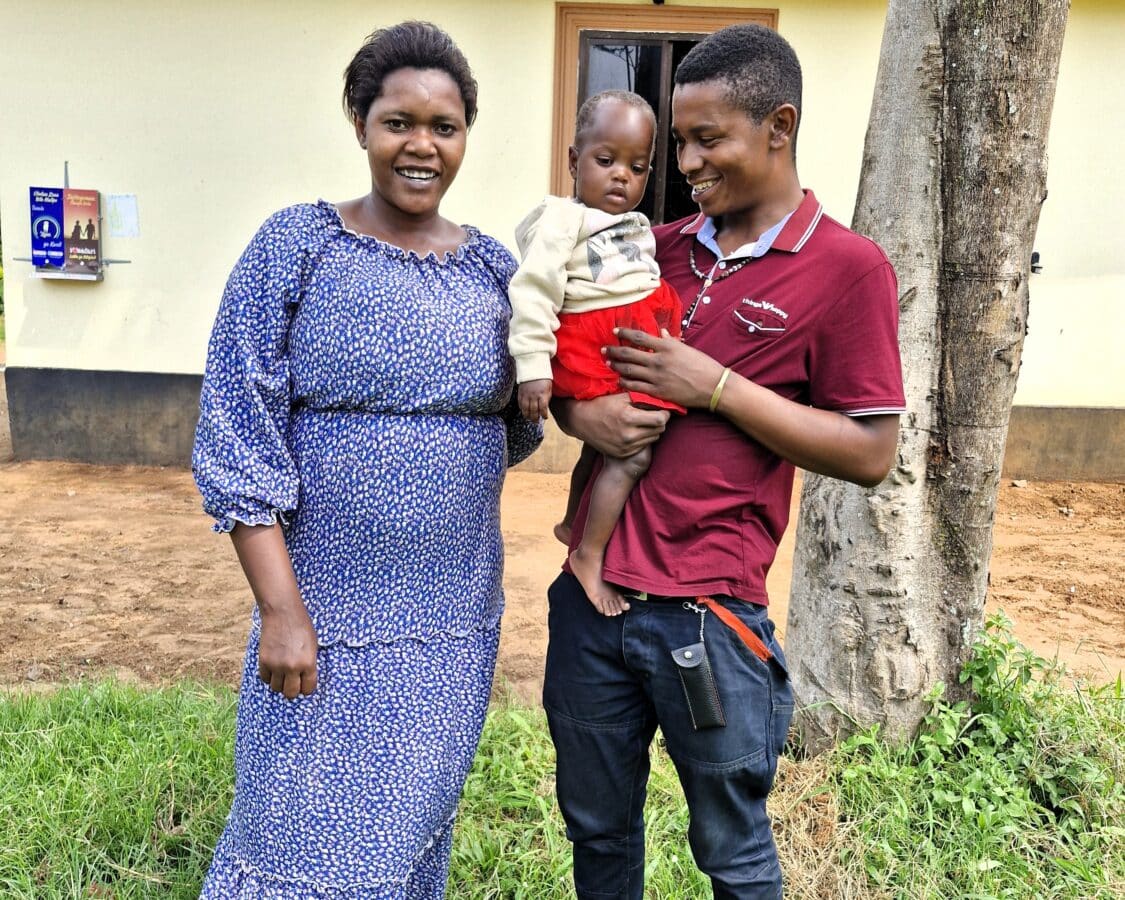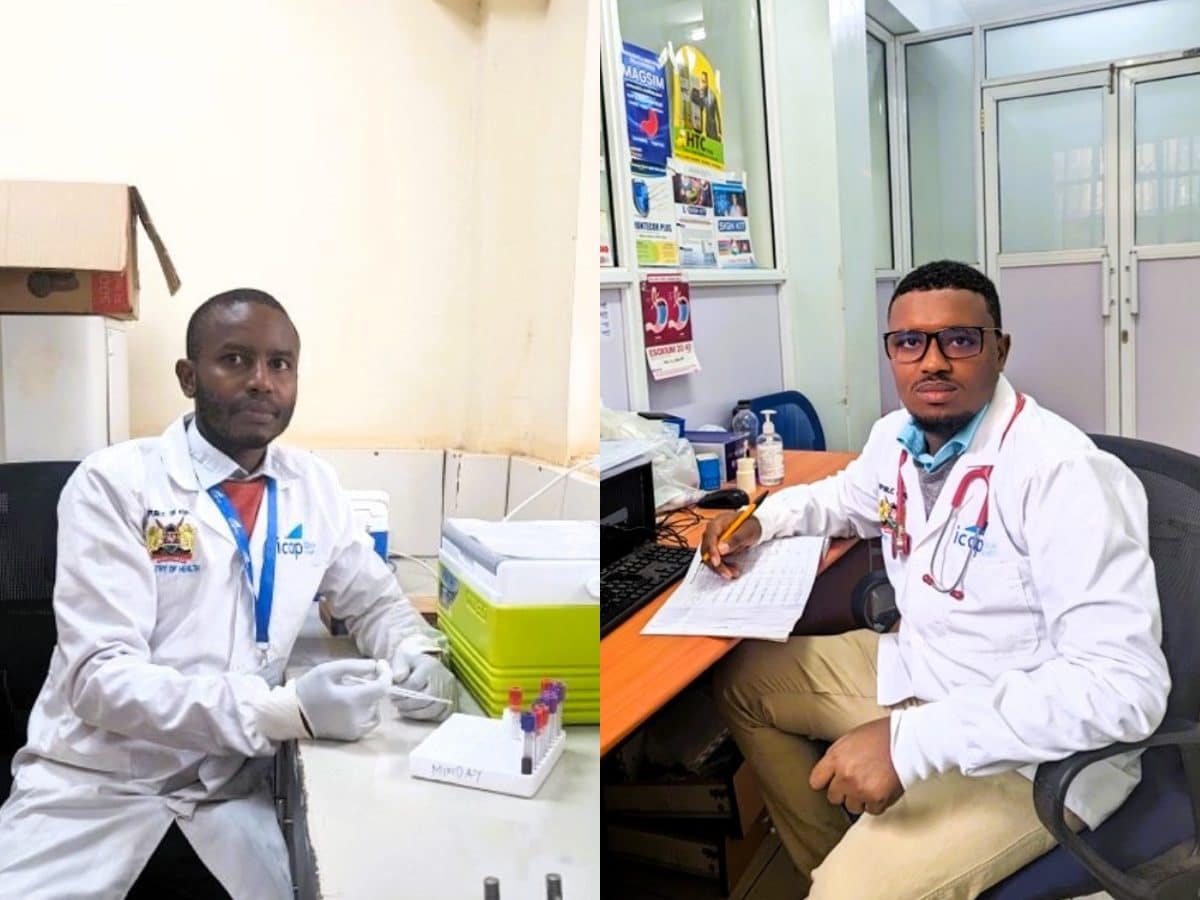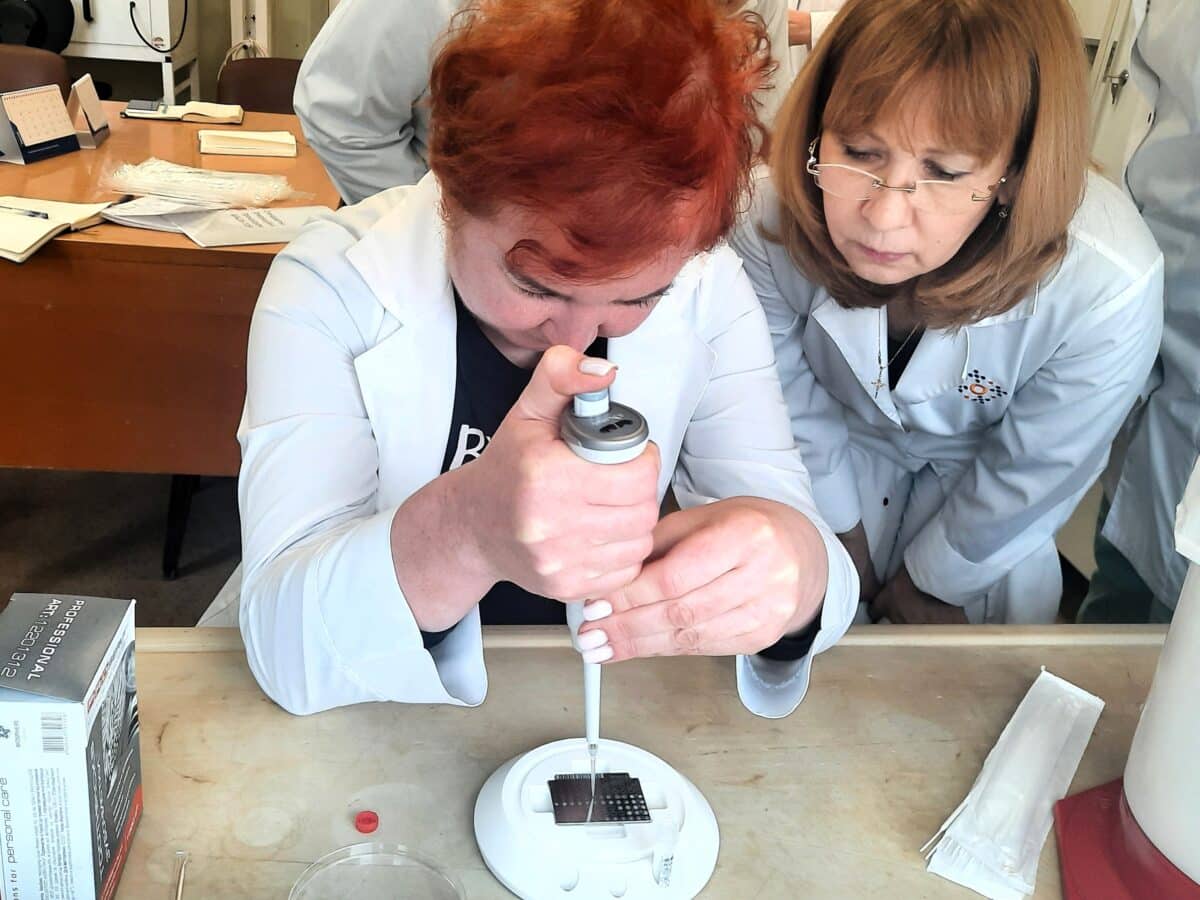At Wagai Health Centre, Kenya’s largest care facility for HIV positive people on treatment, Lynette Kosgei is the Nurse-In-Charge, working on the frontlines of the epidemic that has taken such a toll on her country.
Originally trained as a community nurse, Ms. Kosgei started out her health career as the only health care worker at the Asayi Health Dispensary in rural Kenya. For five years, she single-handedly provided general outpatient, maternal, and child health care to over 5,000 people living in close proximity to the facility. In the course of her practice, she saw more people testing positive for the virus and an increasing number of her patients dying from HIV-related illnesses.
In the early years of the facility, many of these patients were unable to travel the long distances to better equipped facilities to begin anti-retroviral treatment. Instead, they relied on outpatient care at the Asayi Health Dispensary, where Ms. Kosgei was only able to treat the symptoms of opportunistic infections resulting from her patients’ suppressed immune systems.
“It was frustrating to me as a nurse because I was sent to serve as a nurse,” said Ms. Kosgei. “My patients were dying in front of my eyes.”
Undeterred, Ms. Kosgei recruited an HIV treatment specialist from a neighboring health facility who came once per week to start HIV-positive patients on daily antiretroviral therapy (ART) regimes so they could live longer and healthier lives. However, she found that many patients were unable to keep appointments with the specialist and were lost to follow-up. Because these patients did not initiate treatment early, they risked adverse health outcomes.
This all changed in 2014, when Ms. Kosgei received additional training in nurse-initiated and managed antiretroviral treatment through ICAP’s Global Nurse Capacity Building Program (GNCBP), which allowed her to provide basic HIV care, including managing ART regimes, for her patients. The additional certification enabled her not only to diagnosis patients with HIV, but also to prescribe and manage their daily medications. This, in addition to added support staff at the facility, greatly expanded the care at the clinic and improved the health and well being of its 5,000-plus patients.
Ms. Kosgei also became a master trainer, which enabled her to use her enhanced HIV clinical skills to provide supportive supervision and assistance to other nurses, ensuring comprehensive HIV care and treatment at her facility and throughout the country.
“Through the ICAP training, I was able to support the community and was able to stop unnecessary deaths,” she said. “As a facility, we were able to reduce mortality from opportunistic infections. And, we were able to reduce transmission from mother to child. Of the eleven cases of children born to HIV-positive mothers, they were all born negative.”
When asked about the impact her work for people living with HIV has had on her life, Ms. Kosgei went on to say, “I still see [those children] today and they call out my name. It was a great achievement for me.”
Since completing the training, Ms. Kosgei’s leadership has expanded beyond the walls of the Asayi Health Dispensary. As the nurse-in-charge at Wagai Health Centre, she shares her experiences with nurses around the world. In addition to ongoing mentorship of nurses in Kenya, she has also presented best practices and recommendations at numerous African and international conferences including the 2016 World Aids Conference in South Africa.
Ms. Kosgei is proof-positive that, when empowered with critical training and professional development opportunities, nurses can greatly improve the health of the communities that they serve. This nurse can, and has, made her community a better place through her extraordinary commitment to care.
This article is part of ICAP’s 2020 Year of the Nurse campaign to advocate for nurses as leaders in the international health sector and encourage discussion on how the global health world can better leverage nurses’ unique connections to the communities they serve.
With nurses at the helm advocating for patient-centered approaches in health care and health policy, practical and affordable solutions for the world’s most pressing health challenges are reachable.
Learn more about our work with, and for, nurses on our campaign page, #ThisNurseCan.

